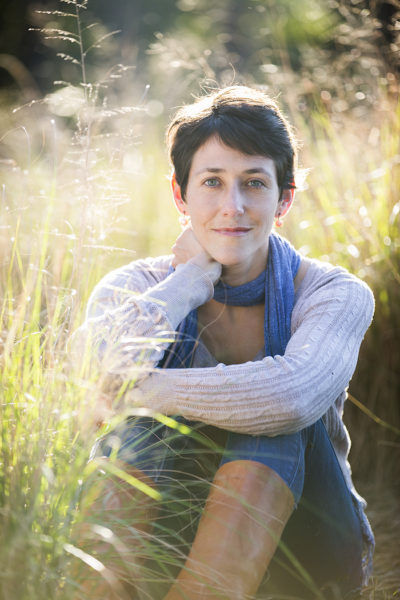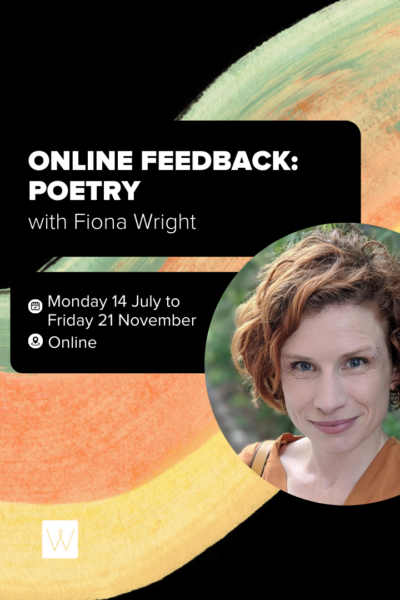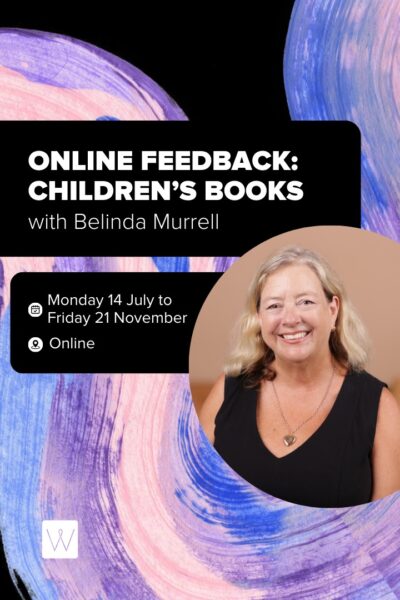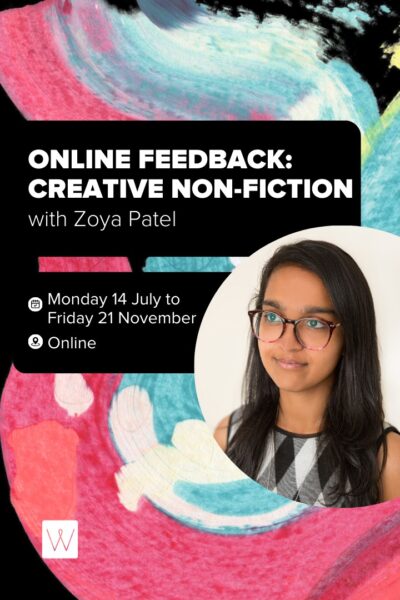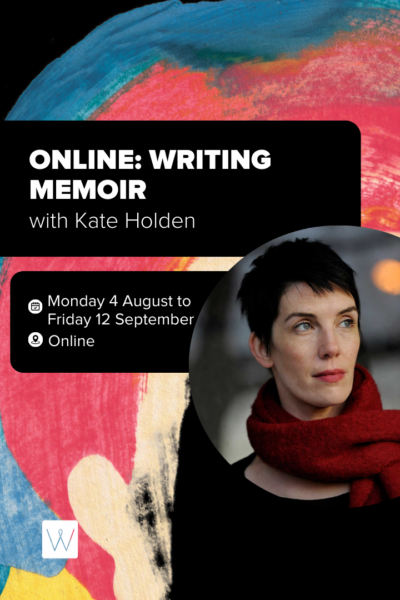Seminar: Finding the Detail: Research Tools for Writers
 Eleanor Limprecht
Eleanor Limprecht
Wednesday 17 October 2018, 6:30-9pm
Full Price: $55
Member: $40
Conc Member: $35
How do you use the tools of journalism and investigation to research the stories you want to write? How do you add realistic, accurate detail to your fiction or non-fiction? This seminar will provide you with practical information about resources available (both online and traditional) and how to access them. Topics will also include how to organise your research, the ethics of research and how to put your research aside and just start writing. Students can expect to come away with new sources of information about their own project and practical ways to organise and use their research.
Why research:
- Why finding the detail can enhance our writing – whether it is fiction, non-fiction, memoir etc. Examples and case studies provided.
What are our resources:
- Online – journals and news sites, genealogy sites, blogs, maps and images, listserves, Trove, social media including Facebook (groups), Twitter, Instagram, Pinterest, Youtube.
- Human – experts or just people who know about what you want to learn. Either found through other people or online. How to approach. What to ask. How to allay their concerns.
- Traditional research institutions – libraries (national, state and local), archives, museums, etc.
Types of Information:
- Textual – books, articles, recipes, blogs, travel guides etc – reading bibliographies/sources to find out where to discover more information.
- Images – from books, online, museums, archives, etc
- Actual – visiting places, having objects associated with what you are writing about, talismans.
- Film
- Maps – not just traditional maps but looking online at Google maps, topographical maps, etc.
Ways to organise your research:
- Keeping a research journal
- Making a scrapbook of images/text which you use when you write
- Pinterest for a virtual scrapbook
- Scrivener
- Using EndNote or RefWorks to organise bibiliography, articles, images
Ethical Considerations
- If it is fictional, and based on a true story, what can you use? If it is non-fiction, how do you deal with people who don’t want it written?
How to put research aside and write
- Tips and tools for using that research but not allowing it to get in the way of the story. Ways to put it aside and revisit it when in a later draft.
- Avoiding data dumps
- What to leave out
- Separating writing time from research time.
